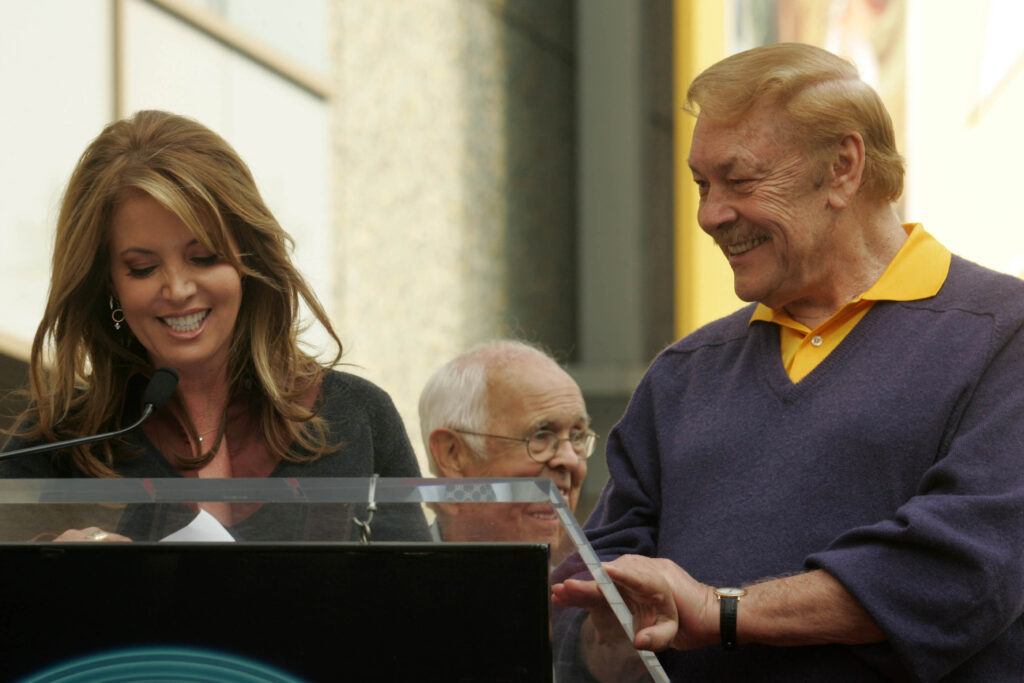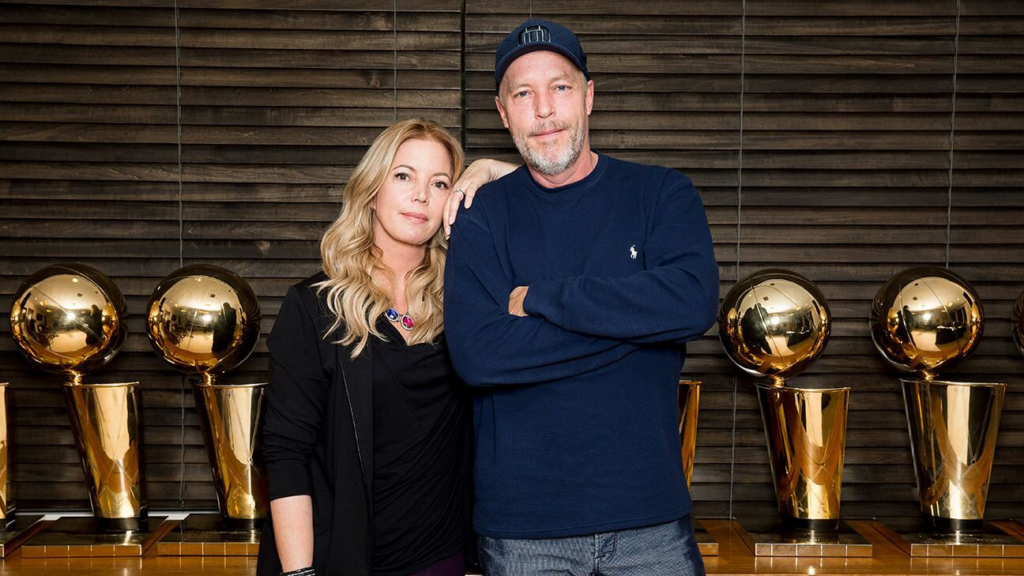Revered as a visionary and mastermind, Dr. Jerry Buss spun earnings from his real estate business into a record-breaking US$67.5 million deal in 1979, making him the owner of the NBA’s Los Angeles Lakers, NHL’s Los Angeles Kings and The Forum Arena. He went on to buy and sell stakes in other sports teams, but the Lakers were at the heart of the empire he built.
CMG values both the family and the business interests – it’s what we do, the business of the family. The Buss family’s story underlines how important it is to be clear on the interests of each and how they intersect.
A recent documentary, Legacy: The True Story of the LA Lakers, on the Buss family sibling conflict over the NBA team caught CMG’s attention. When Jerry died in 2013, at age 80, he held a 66% controlling interest in the Lakers. He instructed its distribution through a trust with each of his six adult children receiving an 11% share. The franchise was worth more than $1 billion and enriched by a lucrative $5 billion, 25-year Time Warner Cable broadcast deal. As his daughter Janie put it, “My dad’s dying wish was to leave the Lakers to all of us and that we would all get along.”
Unfortunately, that wasn’t the slam dunk Jerry had hoped for. He had involved Johnny, Jim, Jeanie, Janie, Joey and Jesse in the business, giving each a chance to prove his or her abilities working in various sports franchises. Jim said later, “My dad groomed us for basically 20 years to do what we’re doing.” However, as with many business families, the children had different skills and not all were equally interested in pursuing careers within the family enterprise. A further complication was that the oldest four and youngest two children were stepsiblings, born to different mothers.
Although Jerry left his three oldest children in charge, the responsibility fell to Jeanie and Jim. Johnny had drifted away from the sports scene in 2006. Jeanie was team President and Lakers representative to the NBA Board of Governors. As Vice President of basketball operations, Jim had the final say on basketball decisions, which he had been making alongside his father for many years.

Would the throw to the next generation be an air ball?
In early 2014, after a series of widely criticized decisions, Jim made an informal agreement with his siblings that he’d step down unless the Lakers became Western Conference championship contenders within three or four years. Jeanie held him to it, firing him on February 21, 2017. Jim fought the dismissal in court. However, Jeanie explained that in the trust “I had the ultimate power because my dad knew that ultimately there had to be one person in charge that would be accountable.”
Jim lost the court case, his position as trustee for the family trust, and his place on the board of directors for the Lakers. According to Jeanie, “The bottom line is we’re a family, and families have conflict –but they don’t break apart as a family. I like to say my dad had his children, but the Lakers were his baby. He put me in charge of that baby, and I had to make sure the baby was healthy and could thrive.”
The Buss family is on the mend
In the documentary, the Buss children told their stories and shared their truth. “It was also an opportunity for my family to come together and share their story of the conflict that existed between me and my brothers, and where we are now with that. It was important for my brothers to be able to talk about their process in all of that,” declared Jeanie.
The Buss family’s journey offers several valuable lessons worth learning from. By proactively addressing conflicts, they can achieve a harmonious balance between family dynamics and business endeavors, ultimately laying the foundation for long-term success.

Here are two key areas the Buss family could have paid attention to on during their journey.
- Focus on the business of being a family. An approach like this can ensure that decisions prioritize the family’s needs first, with the business second. In the case of the Buss family, Jerry dedicated time to his children at a young age to prepare them for eventually taking over the business. With multiple decision-makers now, compared to a single one in the past, this has led to tension and disagreements among siblings who hold diverse perspectives on the business and their own personal/professional paths. This tension among siblings can escalate if they don’t work together collaboratively to achieve their goals.
- Gather together to identify shared goals and values that can serve as a guiding force for everyone. This can make conversations that once seemed difficult appear less so because it’s not mirrored in the past. It seems that Jerry’s children had differing interpretations of their Dad’s intentions, and these diverse viewpoints can be leveraged as negotiating power when it comes to decision-making. Working together to communicate effectively and establish a foundation of trust can help families prevent conflicts within the business.
CMG works closely with Canadian business families to develop a playing the game roadmap, a concept we mentioned in our story about the Redstone family. Implementing early teamwork would have had Jerry collaborate closely with his children, forming a united front as a ‘championship team’. Emphasizing the importance of fostering collaboration while the father is present, the concept of playing the game goes beyond mere preparation. It instills in them the ability to cooperate and communicate effectively, ensuring they can function cohesively even when their father is absent, in contrast to Buss’ children who were not as unified.
We’ll be watching to see if Jerry’s younger children graduate into more prominent roles in the business in the coming years and what happens when his legacy eventually passes to the third generation. The important distinction between business and family will play a crucial role in allowing the Buss children to maintain personal relationships while continuing as co-owners of the Lakers.
Further viewing/reading:
- Watch the documentary on the Buss family business and their role with the LA Lakers” Legacy: The True Story of the LA Lakers on Disney+.
- Here are a few reads on the Buss family: GQ Sports, Los Angeles Times and ESPN.
